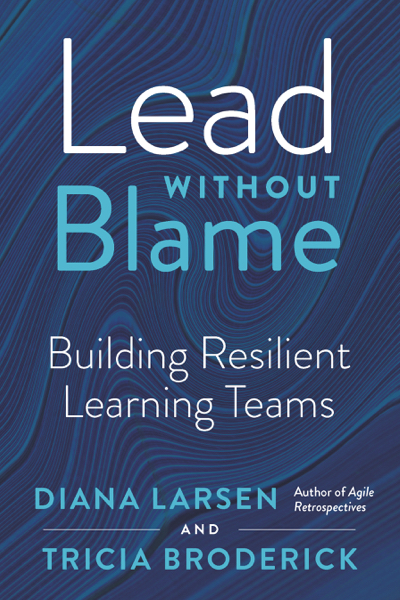One of the reasons I was nervous about blogging was that it felt very one way…listen to me. Well, an opportunity presented where I happily get to share someone else’s ideas/results. Today is another installment of a lead to the edge guest author, Sweta Mistry. I had the pleasure of meeting Sweta in the Agile community many years ago. I’m extremely honored she was willing to write this post.
ScrumMaster Core Competencies
A ScrumMaster’s role is composed of many skills and tools. Their learning journey is also one that never ends. One key difference between a good ScrumMaster and a GREAT ScrumMaster is that they continue to grow their toolkit.
There are four core competencies that help make a ScrumMaster successful. These are: facilitating, mentoring, teaching and coaching. Knowing when to wear which hat and use the associated skills should become second nature to ScrumMasters as they grow in their experience.
Let’s take a look at each one.
Facilitator
When a ScrumMaster is facilitating, they are essentially the “keeper of process.” Key elements of facilitation include:
-
- clearly articulating the goal/purpose of the session or activity
- managing & maintaining the process
- making the process easy
- ensuring group objectives/goals are effectively met
- ensuring equal and effective participation
- ensuring actions, outcomes and questions are noted and followed up on
- timeboxing – ensuring the allocated time to get to a goal is well-managed and well-distributed to achieve the intended outcome(s)
- setting guidelines and intervening if guidelines are not adhered to
- maintaining neutrality
Mentor
As a mentor, the ScrumMaster is the “go-to expert.” The team relies on your experiential examples. While you may provide these examples, you are not telling the team to go about something in exactly the same way, but rather providing food for thought like “here’s something I tried, so can you” or “this can set you in the right direction.”.Key elements of mentorship are:
-
- sharing skills, knowledge and expertise
- suggesting solutions based on your experience
- providing advice
- having a greater perspective
- behaving as a positive role model
- encouraging learning/growth
Teacher:
When a ScrumMaster puts on their teacher’s hat, they are essentially transferring knowledge. This is sometimes easily confused with mentorship. However, it can be thought of as leaving out one’s individual experiences and “how to” suggestions and simply passing along information through instruction. Key elements of teaching are:
-
- educating on concepts, process, key points, and knowledge through instruction
- providing examples and exercises to reinforce the learning
- encouraging practices
- imparting knowledge for the purpose of learning
- not providing the solutions
- encouraging deeper and further learning
Coaching
The most important skills a ScrumMaster needs when coaching are observing and listening actively – “eyes and ears always on.” Always looking and listening for cues that can help explore further conversation and collaboration between teams and individuals. The ScrumMaster helps recognize any turning points. You refrain from providing answers and solutions, and instead prod the team or individual being coached to self-realize and develop their own suggestions on how to address their situation. Key elements of coaching are:
-
- allowing for self-discovery
- asking open-ended questions (i.e., who, what, why, how)
- relying on the team/individuals to come up with solutions
- trusting that each individual and team has the knowledge to find the solution
- assuming positive intent
As you can see, these four core competencies require multifaceted skills from the ScrumMaster role. These skills won’t be learned overnight. They will grow over time as you continue to learn and as you encounter new experiences. Keep an open mind and don’t be afraid to fail and learn! There is no single reference book approach. Keep experimenting with various tools and techniques.
Sweta Mistry is an Organizational & Agile Transformation Coach and Trainer in NYC.
She has 19+ years of professional experience in industries including manufacturing, retail, education, fin-tech, non-profit, marketing, and media.
Her journey from a developer to a coach resulted from her focused interest in people behaviors, interactions, leadership traits, cultural diversity and psychology, and bringing them together to humanize processes and the way we work.
Views and opinions are my own.
(Picture from LinkedIn)





